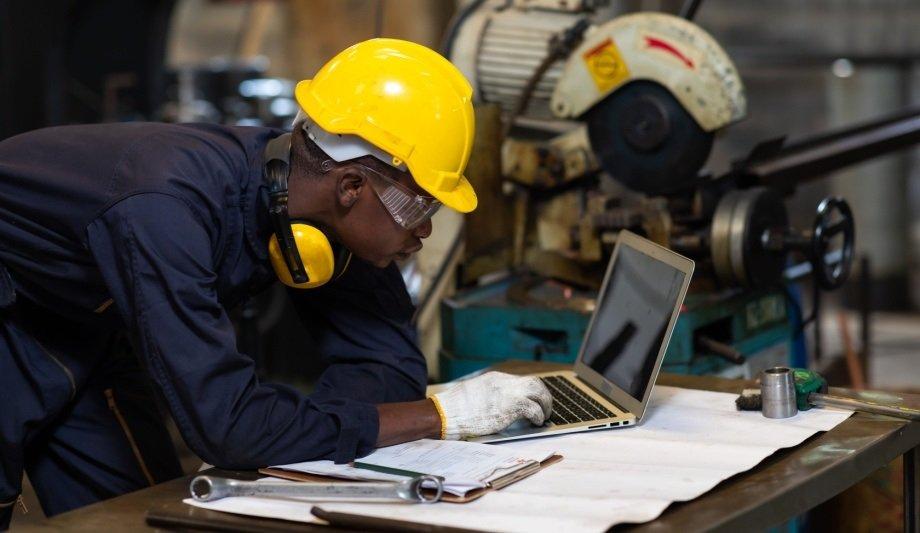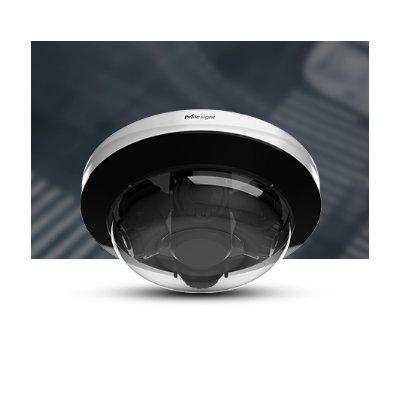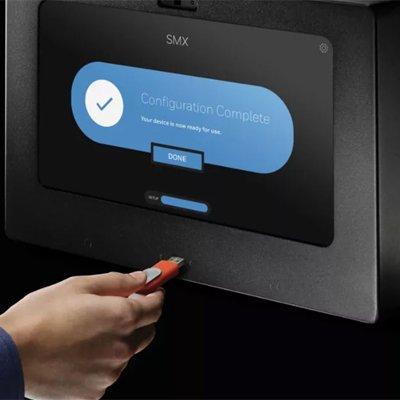How is the role of the manufacturer changing in security?
Editor Introduction
Manufacturers make things. That hasn’t changed. Manufacturers today still produce finished goods from raw materials using various tools, equipment, and processes. What is evolving is a greater emphasis among manufacturers on understanding and meeting customer needs. In the security industry and elsewhere, the role of a manufacturer is expanding from a purely production-focused function to one that embraces technology, prioritises adaptability, expands service offerings, and caters to a more demanding customer base. We asked this week’s Expert Panel Roundtable: How is the role of the manufacturer changing in the security market? Is “manufacturer” still the best term to reflect the changing role?
The role of manufacturers in the physical security technology market is indeed evolving. While “manufacturer” may be the recognised term, many now assume more multifaceted roles as partners and advisors. This shift underscores a transition from a transactional relationship to a more consultative and collaborative approach, where manufacturers contribute products, knowledge, and insights. Today, forward-thinking technology developers work closely with channel partners to understand and assist with end users’ specific needs and challenges. This ensures the deployed solutions align with customers’ security objectives and operational requirements. Technology manufacturers are also working with channel partners to bridge the consumption gap for customers. Together, they help customers tap into the full power of the solutions they implement and realise a greater return on their investment.
Manufacturers may be described historically as primarily associated with production and assembly, but now play a multifaceted role in contributing to more advanced economies. Beyond creating physical products, they actively promote innovation, drive productivity, and facilitate trade opportunities. Leveraging automation, data analytics, and process optimisation, manufacturers are seeking to increasingly enhance productivity. They also most likely blur the boundary between manufacturing and services, increasingly relying on maintenance, customer support, and data analytics. As technology becomes more used, a broader term like “value creator” or “innovation partner” probably better captures their contributions. Adaptable and agile manufacturers will also need to navigate challenges such as sustainability and supply chain disruptions, to ensure successful businesses in the future.
With the increasing focus on software development, I would argue that there's a sizable shift from "manufacturers" to "solution providers" across the market. A company like ours would traditionally be considered a manufacturer because of where we sit in the hierarchy of the industry (manufacturer > consultant > integrator > end-user). We're probably starting to see a shift toward hardware = manufacturer and software = solution provider to fit the proper output of the organisation. I'd also add that many forward-thinking solution providers are starting to use the term "partner" in unique ways because of how they view their role as a collaborator with end-user customers, embodying a commitment to ensuring that a partnership exists that elevates the customer voice to draw product improvements, ongoing feedback, and (in turn) innovation.
Change in our industry is often driven by new technologies, either developed by physical security manufacturers themselves or by incorporating new technology from other sources into physical security products. We’re witnessing what some may call an “AI arms race” between manufacturers, which is rapidly increasing the rate of technological advancement in an industry used to a much slower pace of development. This speed of evolution can be difficult for end users, resellers, and consultants to keep up with. It is particularly challenging for integrators when training their techs to implement ever-changing and increasingly complex technology. This has shifted the role of manufacturers as training, education, and professional services have become increasingly important at all levels of the channel. It necessitates more manufacturer involvement with the top funnel sales process to support our reseller partners. More than ever, manufacturers must be active partners and consultants to the channel before and after the sale.
“Manufacturer” is now quite a dated term; “solutions provider” is much more apt. The most successful providers of security products have adapted to market feedback by providing a holistic solution as opposed to a single security product. Most traditional manufacturing companies now have a much broader offering that stretches across multiple sectors and applications, including both hardware and software. It has become so much more than simply manufacturing.
Increasingly, owners of physical security systems expect to install a variety of technologies and do so using a third-party installer. Manufacturers are partners to those third parties, often called system integrators or managed service providers. The partnership between the manufacturers and the system integrators drive interoperability between the variety of technologies to be installed, it drives the feedback loop between the system owners and the manufacturers and allows the system integrator to offer customised solutions so that the system owner can get the most out of the system they purchase.
As systems grow more complex and software dependent, many manufacturers are shifting toward a more service-based approach and taking a larger role with the end customer. This is historically different from companies developing, manufacturing, and marketing a product. While this tightening relationship between vendor and end customer might be more prevalent in the enterprise sector, what we’re seeing more commonly is that vendors are fielding more support questions from end customers, for instance, but the integrator or resellers are still handling product licenses, delivery, etc.
Editor Summary
Manufacturers still do what manufacturers have always done, but today they also do a lot more. In fact, given the expanding role of manufacturers, our Expert Panel Roundtable has suggested some other monikers that might reflect their tasks more accurately. Terms such as "value creator," "innovation partner," and "solution provider" today are being suggested to describe the critical contributions of companies previously known only as "manufacturers."
- Related companies
- Axis Communications
- Gallagher Security
- Genetec, Inc.
- Bandweaver
- Ai-RGUS
- i-PRO
- HiveWatch
- Related links
- Axis Communications CCTV software
- Genetec CCTV software
- Control Software CCTV software
- Detection Software CCTV software
- Drawing Software CCTV software
- IP Surveillance Software CCTV software
- Management Software CCTV software
- Recording Software CCTV software
- Monitoring Software CCTV software
- Surveillance Software CCTV software
- Transmission Software CCTV software
- Related categories
- CCTV software
- View all news from
- Axis Communications
- Gallagher Security
- Genetec, Inc.
- Bandweaver
- Ai-RGUS
- i-PRO
- HiveWatch
Expert commentary
Maximising security and performance
DownloadThe truth behind 9 mobile access myths
DownloadGuide for HAAS: New choice of SMB security system
DownloadSecurity practices for hotels
DownloadAccess control system planning phase 2
DownloadMilesight 4x5MP AI Multi-Directional Camera
Anviz AI-driven Fisheye Dome Network Camera
Honeywell SMX: Cybersecurity for Operational Environments






















